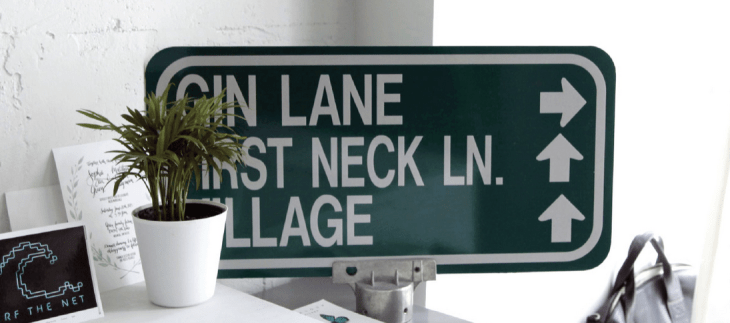You might not have heard of Gin Lane, but chances are you’ve come into contact with their work.
The design and development studio helps some of the biggest consumer brands in the world build products, and today Gin Lane is taking more of a stake in those products. The company announced that it will open up a joint venture segment in its own shop, taking as much as 20 to 50 percent of equity in certain projects.
Gin Lane has been the technology/design partner for some of the biggest companies in consumer goods, including Tom Ford, J.Crew, Harry’s, Stella McCartney, Adidas, Opening Ceremony, Everlane, Helmut Lang, Disrupt winner HelloAlfred and many more.
The studio, powered by 25 individuals and led by Emmett Shine, provides brand consultation, back-end development, middleware, and front-end design/technology for partners.
Originally, Gin Lane charged a fee for various services to its brand partners, creating the technology behind some of your favorite brands and maintaining the intellectual property of those projects to use again later. With this transition, the company will now select a few projects a year and handle upfront overhead, structuring deals with those partners to either take equity, a rev-share, or some other negotiated stake in the company.
“It’s really hard to get so involved with projects and not be able to see them through as they grow,” said Shine. “When you believe in something, you want to take it to the level that you know it can go, and getting into joint venture will allow us to do that.”
Gin Lane is structuring deals in a number of ways.
The first is taking on a greater deal of equity in seed stage companies, with Shine explaining that Gin Lane chooses only “the most high-potential startups in developing technology products or services, and launching brands to market.”
Most creative agencies take .1 to .5 percent of equity in the companies they work with, says Shine. Gin Lane historically has received between 1 percent and 5 percent, but will hike that up to around 25 percent or even 50 percent in some cases of joint venture partnership.
The second deal structure is incubating DTC (direct-to-consumer) startups, building everything from the brand to the CRM to the ecommerce platform, which could take the form of a revenue split, equity, or otherwise.
The last one is to use all of Gin Lane’s stored IP to build out technologies that can be used more broadly across a range of industries.
“They say that a good hockey player goes to where the puck is, and a great hockey player goes to where the puck is going to be,” said Shine. “We want to use what we’ve built to get ahead of the curve. 2020 isn’t as far away as you think.”
